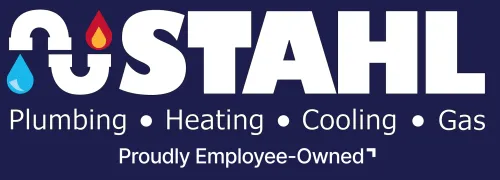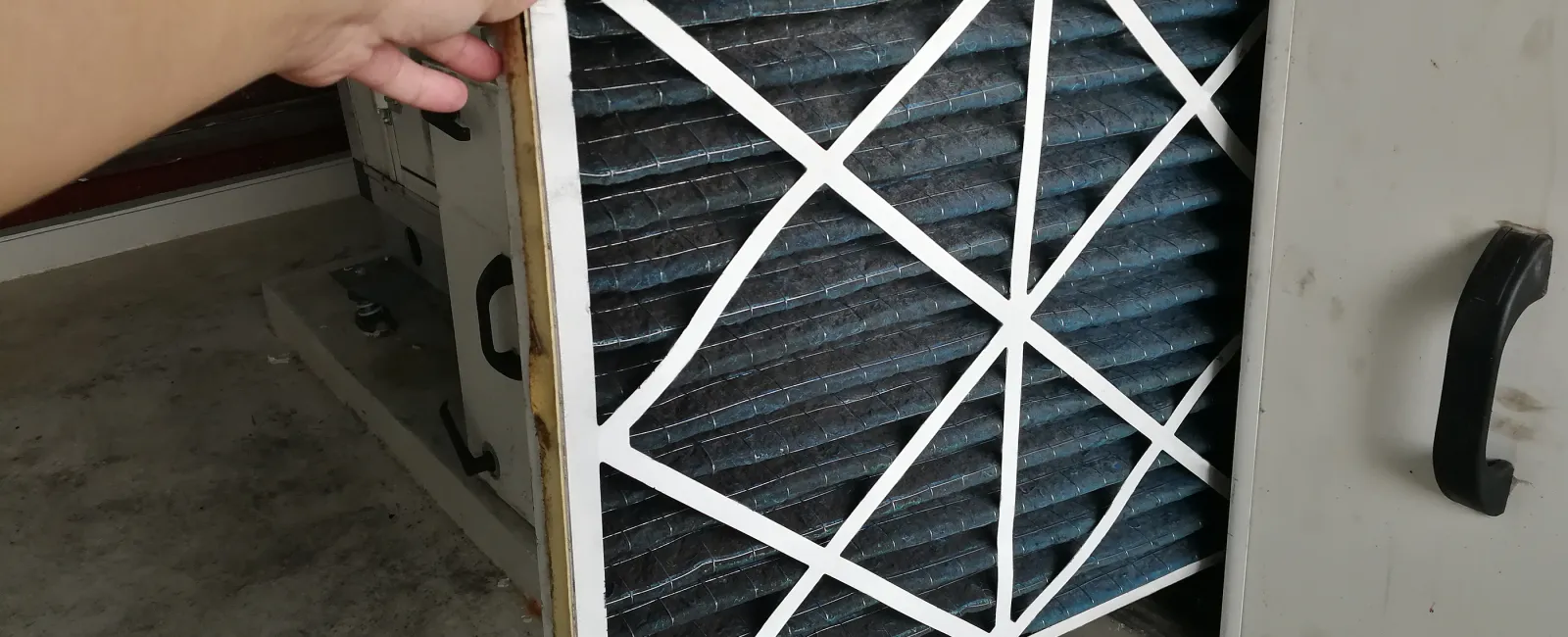The HVAC system in your home is designed to move air throughout your house while heating or cooling it at the same time. Every HVAC system is equipped with a filter, which removes impurities and particles from the air. Considering how much time the average homeowner spends indoors, it's important to make sure that you have the best filter on your HVAC system, not only for your comfort level but for your health, too.
However, not all filters are the same. Before you purchase your next filter, be sure you get the right one for your needs.
Below, we'll go over the importance of having a good filter, what a true HEPA filter is, and the MERV air filter ratings.
Why Does my HVAC Need a Filter?
Filtration is one of the most important factors that affect the air quality in your home. Having a good filter helps keep airborne contaminants at bay. Microscopic particles from dust, mites, pollen, pet dander, mold, skin flakes, and viruses are just some of the things that circulate in indoor air and can trigger illness, asthma, and allergies.
What is a MERV Air Filter?
MERV is an acronym that stands for minimum efficiency reporting values. MERV filters are all graded on their quality based on the MERV air filter ratings, which measure how well your filter removes air particulates. All filters have a MERV rating.
How Do the MERV Air Filter Ratings Work?
The MERV Air Filter Ratings report on a filter's ability to catch particles in the air and are based on a scale of 1- 20. The higher that a filter is rated — for example, at a 16 — the more and smaller airborne particles and contaminants the filter can catch. In fact, filters with higher ratings can also remove airborne biological growth, smoke, and fumes from a car and are highly energy efficient.
However, you won't be able to buy a MERV filter with a rating higher than 16 at your local hardware store — and nor would you want to. Filters that are rated above 16 are generally only used in hospitals and schools.
What Kind of MERV Filter Should I Buy?
When shopping for a filter for your furnace or AC, you should aim for one between 5 and 13. We suggest this range because it's a good standard for the average American household. Anything under 5 won't catch enough airborne contaminates to be worth it, and anything over 13 can stress your HVAC system. This is because the higher the MERV air filter ratings, the more layers the filter has, which makes your HVAC work harder. This can cause the pressure to drop in your HVAC because there's too much airflow resistance.
What is a HEPA Filter?
A HEPA filter is a pleated mechanical air filter and is an acronym that stands for high-efficiency particulate air. A true HEPA filter would be considered a 16-20 on the MERV air filter rating scale. According to the EPA, true HEPA filters remove "99.97% of dust, pollen, mold, bacteria, and any airborne particles." Because of their effectiveness at filtration, HEPA filters are typically considered the best filters for locations like schools, hospitals, pharmaceutical labs, food labs, nuclear power plants, and tech manufacturing plants.
Do I Need a HEPA Filter?
Most residential HVAC systems are not intended to be used with HEPA filters because the filtration material is too dense and thick, and that restricts airflow. Your HVAC can experience a drop in pressure if you install a HEPA filter in an HVAC unit that isn't HEPA compatible — similar to using a MERV filter that's too highly rated. You can modify your HVAC system to accommodate a HEPA filter, but it's simply not a necessary modification to make for your home's HVAC.
Using a HEPA filter for AC or a HEPA filter for furnaces is also not recommended for the same reason. HEPA filters also cost quite a bit more money, so they're just not worth it for your home.
Your HVAC system has a big job, and the filter you choose to use in your HVAC has an even bigger one. When replacing your filter, look for filters with a MERV rating between 5 and 13, and save the true HEPA filters for places like hospitals or schools. To learn more about your HVAC system or to schedule a service on your AC unit or furnace, contact Pittsburgh's most trusted and respected service company today.

